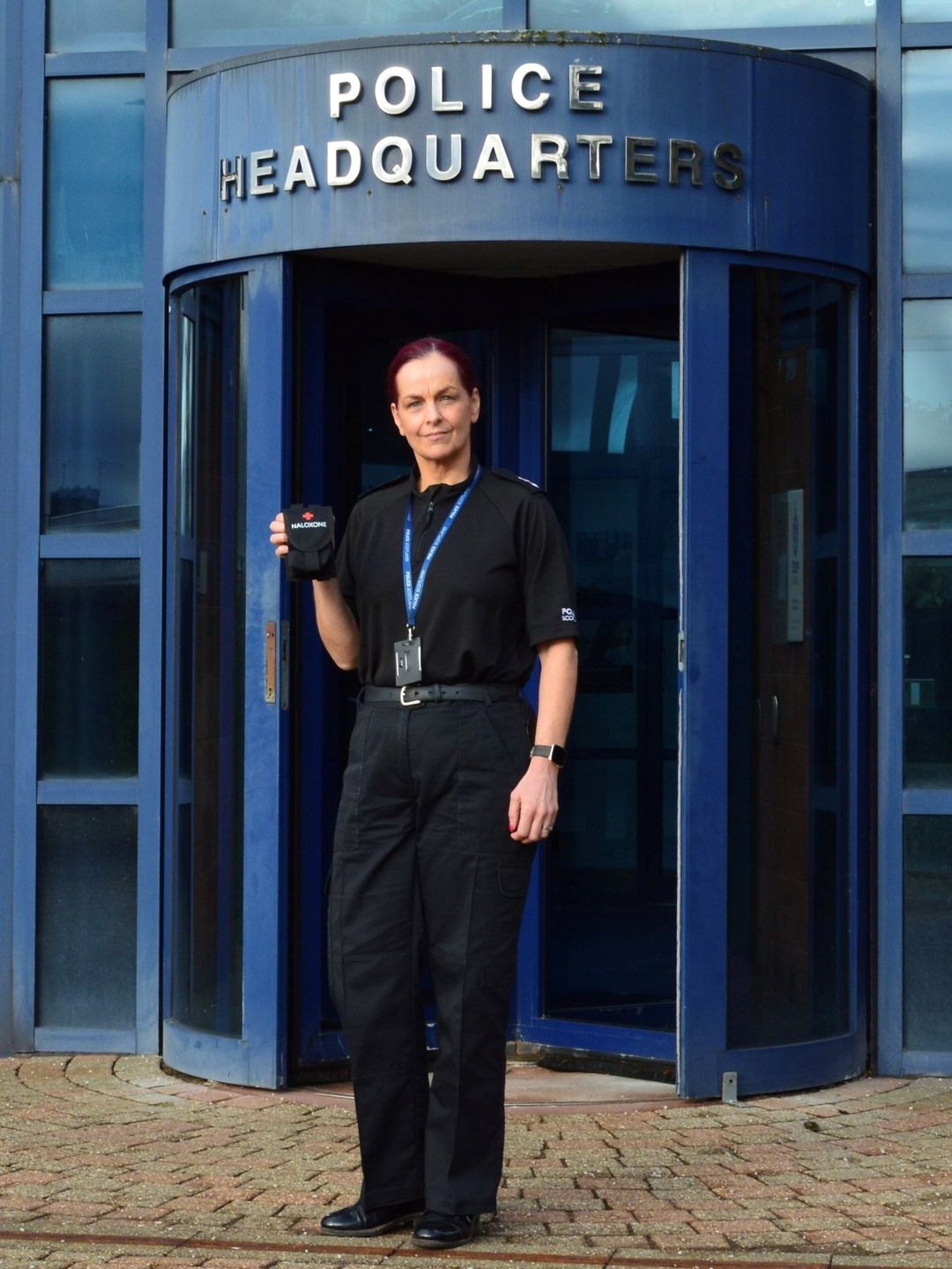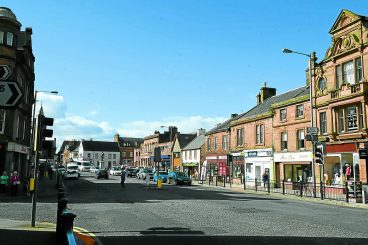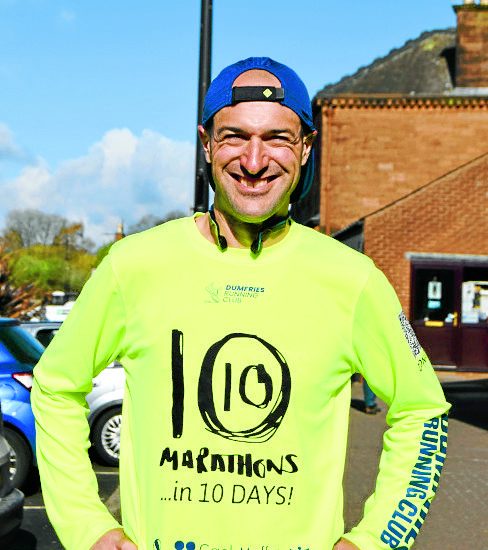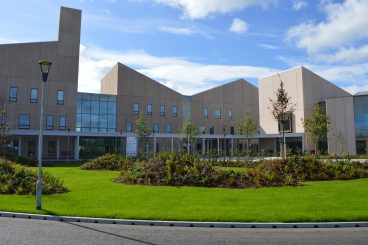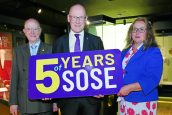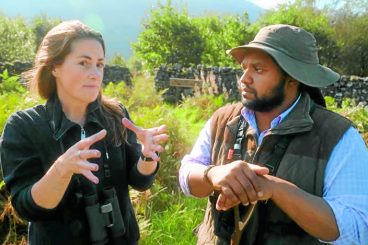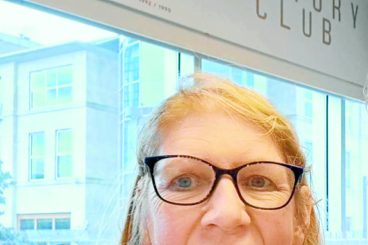THE roll-out of life saving Naloxone to police officers in Dumfries and Galloway is nearing completion.
It is an emergency first aid treatment for use in potentially life-threatening overdose situations.
All constables, sergeants and inspectors locally are getting pouches containing two of the nasal sprays and casualty information cards.
Officers already undertake in-depth first aid training, and the administration of Naloxone is an extension of their first aid skills.
Chief Superintendent Carol McGuire, based in Dumfries, said: “The role of policing goes beyond law enforcement and preservation of life lies at the very core of our duties.
“Equipping our officers here in Dumfries and Galloway with Naloxone enhances their existing extensive first aid skills and helps them to fulfil that responsibility.
“Drug misuse can have a devastating effect on individuals, families and entire communities. By working alongside partner agencies, I very much hope the carriage of Naloxone by our officers helps to saves lives and positively change attitudes.”
A Stranraer-based officer was one of the first to use the new kits.
Constable David Packer attended an incident in February where a casualty was showing the typical signs of opioid-related overdose, including pinpoint pupils, blue lips and shallow breathing
PC Packer said: “I laid the person on the floor and administered Naloxone before putting them in the recovery position. They began to show signs of recovery after a short time and his breathing rate improved. By the time paramedics arrived he was sitting up and talking to me.
“I felt the Naloxone was very effective, and I was confident giving it after completing the training, which was really informative and gave step-by-step instructions.”
Naloxone works by reversing the respiratory suppression caused by opioids/opiates and can buy the casualty critical minutes until ambulance clinicians arrive on scene.





